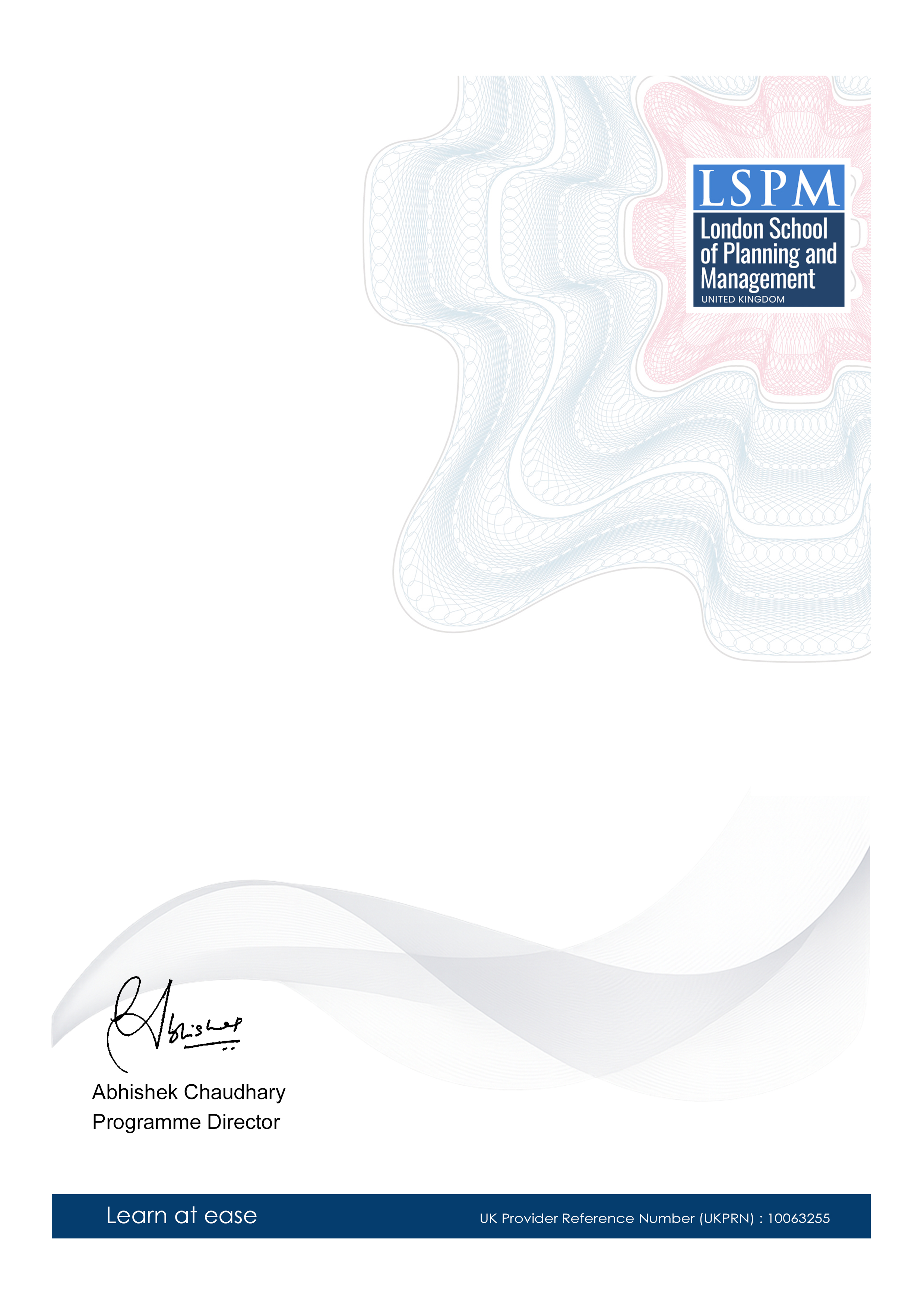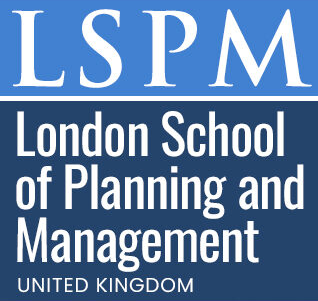Postgraduate Certificate in Environmental Impact Assessment for Humanitarian Aid
-- viewing nowThe Postgraduate Certificate in Environmental Impact Assessment for Humanitarian Aid is a comprehensive program designed for professionals seeking to understand and mitigate the environmental impact of humanitarian aid efforts. The program equips learners with the knowledge and skills necessary to conduct environmental assessments, develop sustainable solutions, and promote environmental responsibility in humanitarian aid operations.
3,397+
Students enrolled
GBP £ 149
GBP £ 215
Save 44% with our special offer
About this course
100% online
Learn from anywhere
Shareable certificate
Add to your LinkedIn profile
2 months to complete
at 2-3 hours a week
Start anytime
No waiting period
Course details
Essential Units for Postgraduate Certificate in Environmental Impact Assessment for Humanitarian Aid
- • Environmental Impact Assessment (EIA) Theory and Practice
- • Environmental Management Systems (EMS) and Sustainable Development
- • Environmental Law and Policy for Humanitarian Aid
- • Environmental Monitoring and Reporting for Humanitarian Projects
- • Climate Change Adaptation and Mitigation in Humanitarian Settings
- • Disaster Risk Reduction and Resilience Building in Humanitarian Aid
- • Indigenous Knowledge and Traditional Practices in Environmental Management
- • Gender and Social Inclusion in Environmental Impact Assessment
- • Stakeholder Engagement and Communication in Environmental Projects
Career path
Postgraduate Certificate in Environmental Impact Assessment for Humanitarian Aid
Industry Trends
The job market for environmental impact assessment specialists and humanitarian aid coordinators is growing rapidly, with an estimated 1000 and 2000 jobs available respectively in the UK. The demand for sustainable development experts is also high, with around 3000 job opportunities available. This trend indicates a strong need for professionals with expertise in environmental impact assessment and humanitarian aid, as well as an emphasis on sustainable development practices.
Salary Ranges
Salaries for professionals in this field vary depending on experience, location, and specific job responsibilities. However, according to recent data, environmental impact assessment specialists can earn an average salary of £35,000 to £50,000 per year, while humanitarian aid coordinators can earn an average of £40,000 to £60,000 per year. Sustainable development experts may earn even higher salaries, with some positions offering six-figure salaries.
Skill Demand
In addition to strong technical skills in environmental impact assessment and data analysis, professionals in this field must also possess excellent communication and interpersonal skills. The ability to work effectively in teams and under pressure is also essential, as is a deep understanding of global humanitarian issues and sustainable development principles. Proficiency in relevant software tools, such as GIS and statistical analysis packages, is also highly valued.
Entry requirements
- Basic understanding of the subject matter
- Proficiency in English language
- Computer and internet access
- Basic computer skills
- Dedication to complete the course
No prior formal qualifications required. Course designed for accessibility.
Course status
This course provides practical knowledge and skills for professional development. It is:
- Not accredited by a recognized body
- Not regulated by an authorized institution
- Complementary to formal qualifications
You'll receive a certificate of completion upon successfully finishing the course.
Why people choose us for their career
Loading reviews...
Frequently Asked Questions
Course fee
- 3-4 hours per week
- Early certificate delivery
- Open enrollment - start anytime
- 2-3 hours per week
- Regular certificate delivery
- Open enrollment - start anytime
- Full course access
- Digital certificate
- Course materials
Get course information
Earn a career certificate

